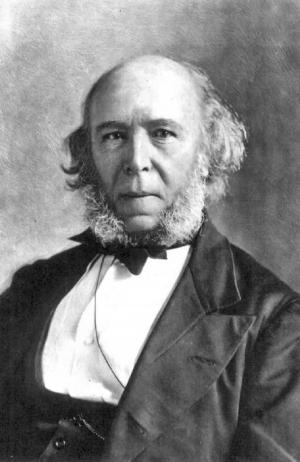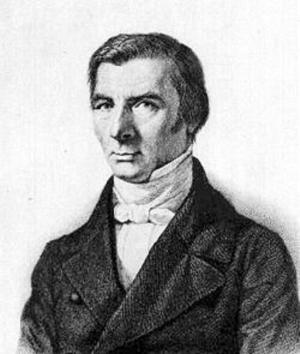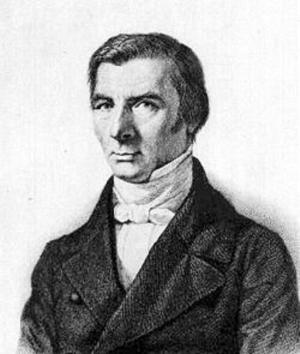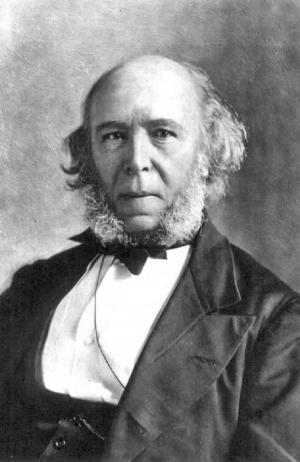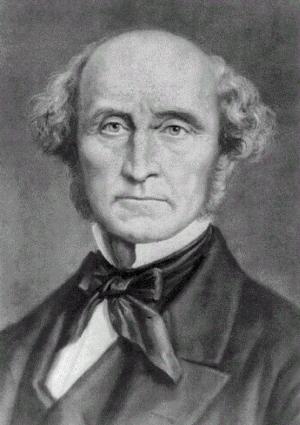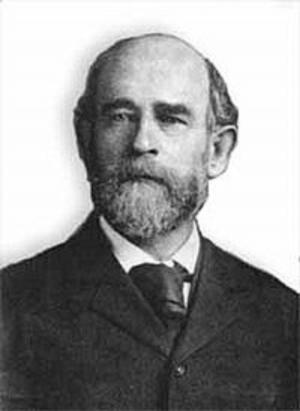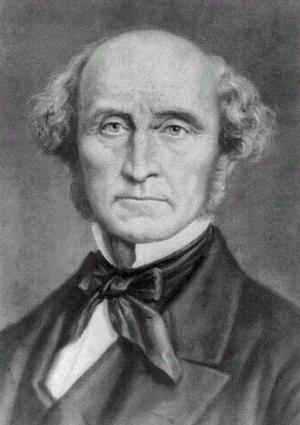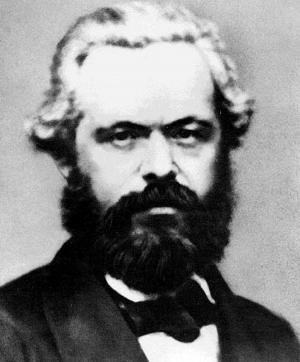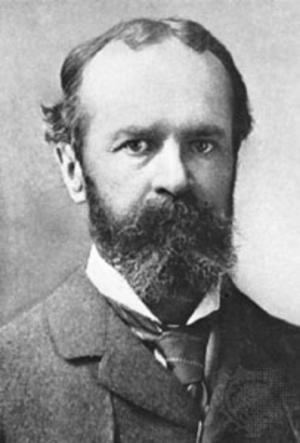The Theory of the Leisure Class (Illustrated and Bundled with The Theory of Business Enterprise)
Business & Finance, Economics, Macroeconomics, Theory of Economics| Author: | Thorstein Veblen | ISBN: | 1230000277266 |
| Publisher: | AS Team | Publication: | October 28, 2014 |
| Imprint: | Language: | English |
| Author: | Thorstein Veblen |
| ISBN: | 1230000277266 |
| Publisher: | AS Team |
| Publication: | October 28, 2014 |
| Imprint: | |
| Language: | English |
This book has an active table of contents to access each chapter of the following titles:
1. The Theory of the Leisure Class - Thorstein Veblen
2. The Theory of Business Enterprise - Thorstein Veblen
Thorstein Veblen is a great American economist along with Irving Fisher, Henry George, and John Bates Clark in many economic thoughts for combining a Darwinian evolutionary perspective with his new institutionalist approach to economic analysis. He developed a 20th-century evolutionary economics based upon Darwinian principles and new ideas emerging from anthropology, sociology, and psychology. Veblen’s important works includes The Theory of the Leisure Class and The Theory of Business Enterprise.
The book represents Thorstein Veblen’s macro and micro views of modern economic world.
The Theory of the Leisure Class proposes that economic life is driven by the social stratification of tribal society. This view links him to Karl Marx. However, his views on socialism are different from that of Karl Marx. Marx saw communism as the ultimate goal for civilization and saw the working class as the group that would establish it. Veblen saw socialism as one intermediate phase in an ongoing evolutionary process in society that would be brought about by the natural decay of the business enterprise system and by technology advance (“inventiveness of engineers”).
Veblen also contributed theoretical foundation and later helped found the Technocracy movement. He predicted that technological developments would eventually lead toward a socialistic organization of economic affairs.
Arab Spring is a sound example for his prediction. Social media that is driven by Internet and information can help individuals form a connected strength to change social system in a powerful and effective way.
The Theory of Business Enterprise focuses on analyzing conflicting motivations of business and industry in micro world. Business is to make profits and industry is to make goods. According to The Theory of Business Enterprise, the large corporations of the late nineteenth and early twentieth centuries were not primarily interested in profit maximization through the production and sale of products. The primary goal of the corporate managers of such companies was to maximize the value of their common stock.
The Theory of Business Enterprise constructed a theory of corporation finance that was intended as a major building block in a theoretical explanation of business behavior and in the cyclical movement of industrial economies. The theory was developed in The Theory of Business Enterprise and expanded in later works, especially Absentee Ownership.
Veblen put corporation finance as the centerpiece of his analysis of large, acquisition-minded companies. The relevance of his theory with the corporate world today was his focus on large-scale and multifaceted businesses, especially those that grew through mergers and acquisitions.
The book is for the readers who are interested in the theories of follows:
1. Business cycles and prices and emergent technocratic division of labor by specialty including scientists, engineers, and technologists
2. Cyclical movement of industrial economies, capital and interest, and corporation finance
Veblen’s theories are still relevant to today especially in helping the United States form economic policy for high tech industry. This book is for the readers who are interested in analyses of business cycles and prices, and of the emergent technocratic division of labor by specialty including scientists, engineers, and technologists.
This book has an active table of contents to access each chapter of the following titles:
1. The Theory of the Leisure Class - Thorstein Veblen
2. The Theory of Business Enterprise - Thorstein Veblen
Thorstein Veblen is a great American economist along with Irving Fisher, Henry George, and John Bates Clark in many economic thoughts for combining a Darwinian evolutionary perspective with his new institutionalist approach to economic analysis. He developed a 20th-century evolutionary economics based upon Darwinian principles and new ideas emerging from anthropology, sociology, and psychology. Veblen’s important works includes The Theory of the Leisure Class and The Theory of Business Enterprise.
The book represents Thorstein Veblen’s macro and micro views of modern economic world.
The Theory of the Leisure Class proposes that economic life is driven by the social stratification of tribal society. This view links him to Karl Marx. However, his views on socialism are different from that of Karl Marx. Marx saw communism as the ultimate goal for civilization and saw the working class as the group that would establish it. Veblen saw socialism as one intermediate phase in an ongoing evolutionary process in society that would be brought about by the natural decay of the business enterprise system and by technology advance (“inventiveness of engineers”).
Veblen also contributed theoretical foundation and later helped found the Technocracy movement. He predicted that technological developments would eventually lead toward a socialistic organization of economic affairs.
Arab Spring is a sound example for his prediction. Social media that is driven by Internet and information can help individuals form a connected strength to change social system in a powerful and effective way.
The Theory of Business Enterprise focuses on analyzing conflicting motivations of business and industry in micro world. Business is to make profits and industry is to make goods. According to The Theory of Business Enterprise, the large corporations of the late nineteenth and early twentieth centuries were not primarily interested in profit maximization through the production and sale of products. The primary goal of the corporate managers of such companies was to maximize the value of their common stock.
The Theory of Business Enterprise constructed a theory of corporation finance that was intended as a major building block in a theoretical explanation of business behavior and in the cyclical movement of industrial economies. The theory was developed in The Theory of Business Enterprise and expanded in later works, especially Absentee Ownership.
Veblen put corporation finance as the centerpiece of his analysis of large, acquisition-minded companies. The relevance of his theory with the corporate world today was his focus on large-scale and multifaceted businesses, especially those that grew through mergers and acquisitions.
The book is for the readers who are interested in the theories of follows:
1. Business cycles and prices and emergent technocratic division of labor by specialty including scientists, engineers, and technologists
2. Cyclical movement of industrial economies, capital and interest, and corporation finance
Veblen’s theories are still relevant to today especially in helping the United States form economic policy for high tech industry. This book is for the readers who are interested in analyses of business cycles and prices, and of the emergent technocratic division of labor by specialty including scientists, engineers, and technologists.


